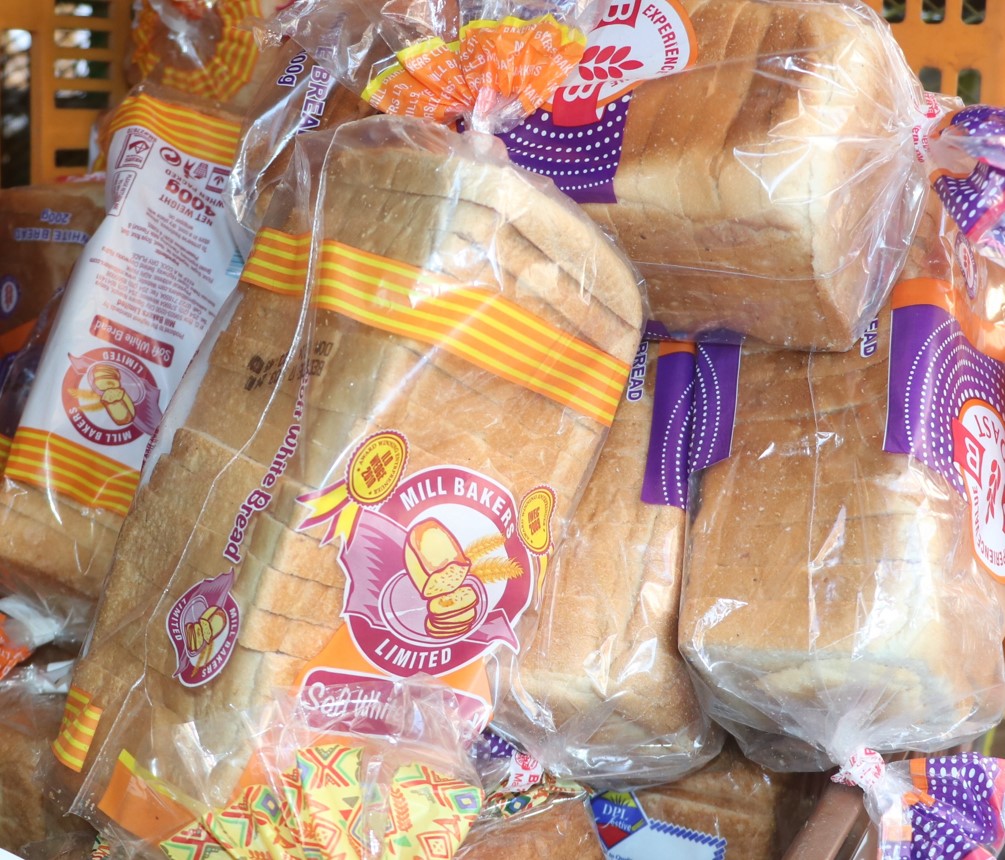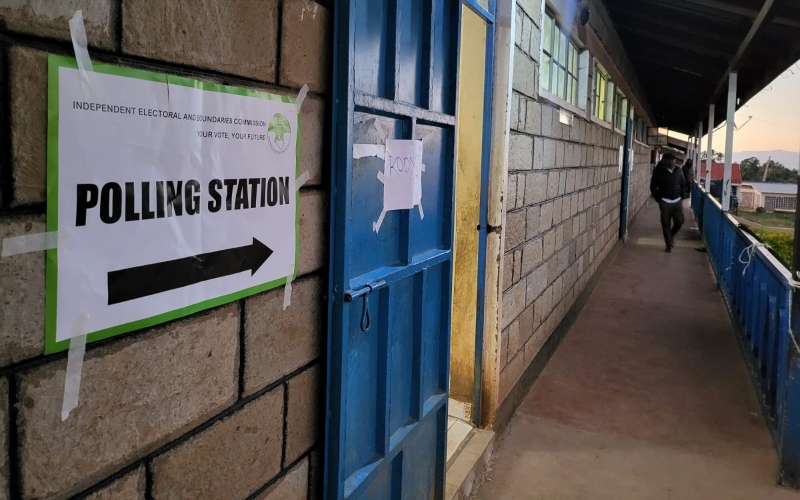Highlights of Finance Bill 2024: Bread and credit cards to cost more

In the new changes targeting bread, a 400g loaf of bread could see a price hike of at least Sh10, raising the average cost from approximately Sh65 to around Sh75.
Kenyans will have to contend with forking out more money to afford bread, an essential food commodity that accompanies breakfast every morning.
President William Ruto-led government in a fresh effort to raise revenue to fund its projects and sustain the running of the government has proposed new changes to the Value Added Tax (VAT) system, outlined in the Finance Bill 2024.
More To Read
- Kenya Kwanza adds Sh3 trillion to national debt in three years, CBK reveals
- Cases of police misconduct rises despite overall drop in crime -Report
- Northern region MPs accuse President Ruto of ignoring region in State of the Nation Address
- Government to build 50 mega dams to transform Kenya’s agriculture - Ruto
- Ruto says public demand for affordable housing has replaced doubts with excitement
- Ruto terms Hustler Fund largest financial inclusion programme since independence
The new changes are likely to dictate how Kenyans will be spending on essential and non-essential commodities.
The Kenya Kwanza has targeted essential consumer goods, with bread and credit cards listed among those suggested for upward price adjustments.
The National Treasury's suggestions include a notable increase in VAT on bread, with a proposed rate of 16 per cent.
In the new changes targeting bread, a 400g loaf of bread could see a price hike of at least Sh10, raising the average cost from approximately Sh65 to around Sh75.
The Bill also suggests the deletion of VAT exemptions for financial services including issuing credit and debit cards, telegraphic money transfer services, and cheque handling, processing, clearing, and settlement including special clearance or cancellation of cheques.
Also targeted are the issuance of securities for money, including bills of exchange, promissory notes, money, and postal orders; the assignment of debt for consideration, and financial services on behalf of another on a commission basis.
There is also the expansion of electronic Tax Invoices that seeks to align VAT provisions with existing tax laws. If it gets a nod, businesses will be required to issue electronic tax invoices for transactions, effective from July 1, 2024.
The proposals have also suggested changes in the VAT refund regime.
The Bill suggests numerous modifications to the VAT refund regime, including the treatment of excess input tax and the timeframe for lodging refund claims by Kenyans.
The Bill also increases of VAT registration threshold from Sh5,000,000 to Sh8,000,000. This change upwards seeks to reduce the compliance burden on micro businesses.
There is the exemption for transfer of business as a going concern.
The new Bill also has a limitation of VAT exemption on Insurance Services and removal of Tourism Sector VAT exemptions.
There is also the standard rating of betting, gaming, and lotteries services subjecting them to VAT at the standard rate of 16 per cent.
Finally, the new proposals have affected the standard rating of locally assembled and manufactured mobile phones and the removal of VAT exemption for Persons with Government Contracts.
Under this Bill, the VAT exemption for taxable goods supplied to persons with government contracts prior to April 25, 2020, would be removed.
The Bill is also proposing the removal of the zero-rated status for certain goods in the e-mobility sector, subjecting them to the standard VAT rate of 16 per cent. This proposal affects items such as electric bicycles, solar and lithium-ion batteries, and electric buses.
Top Stories Today














































